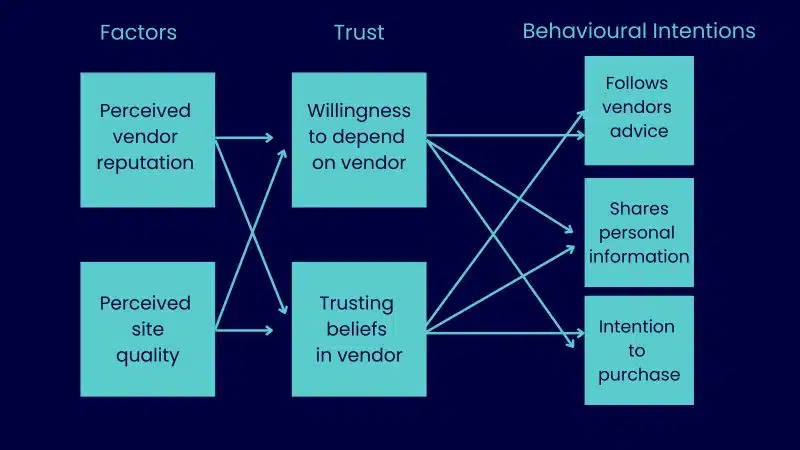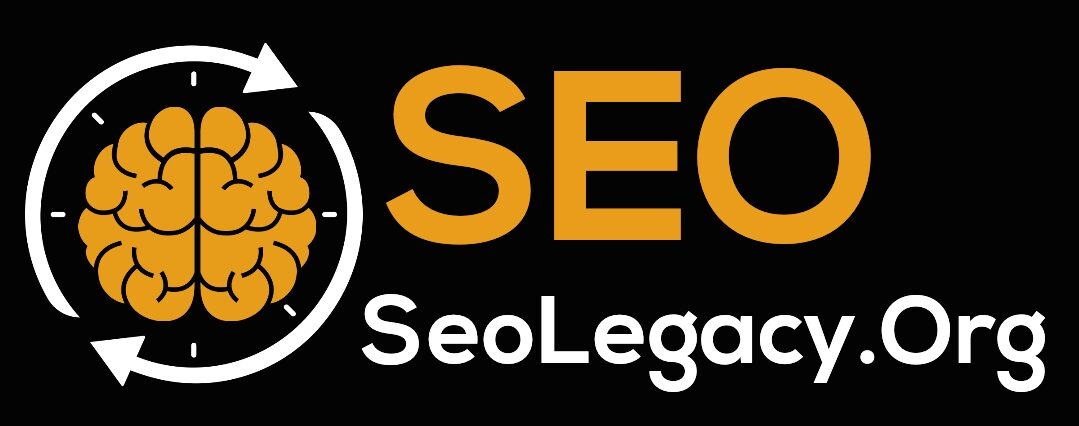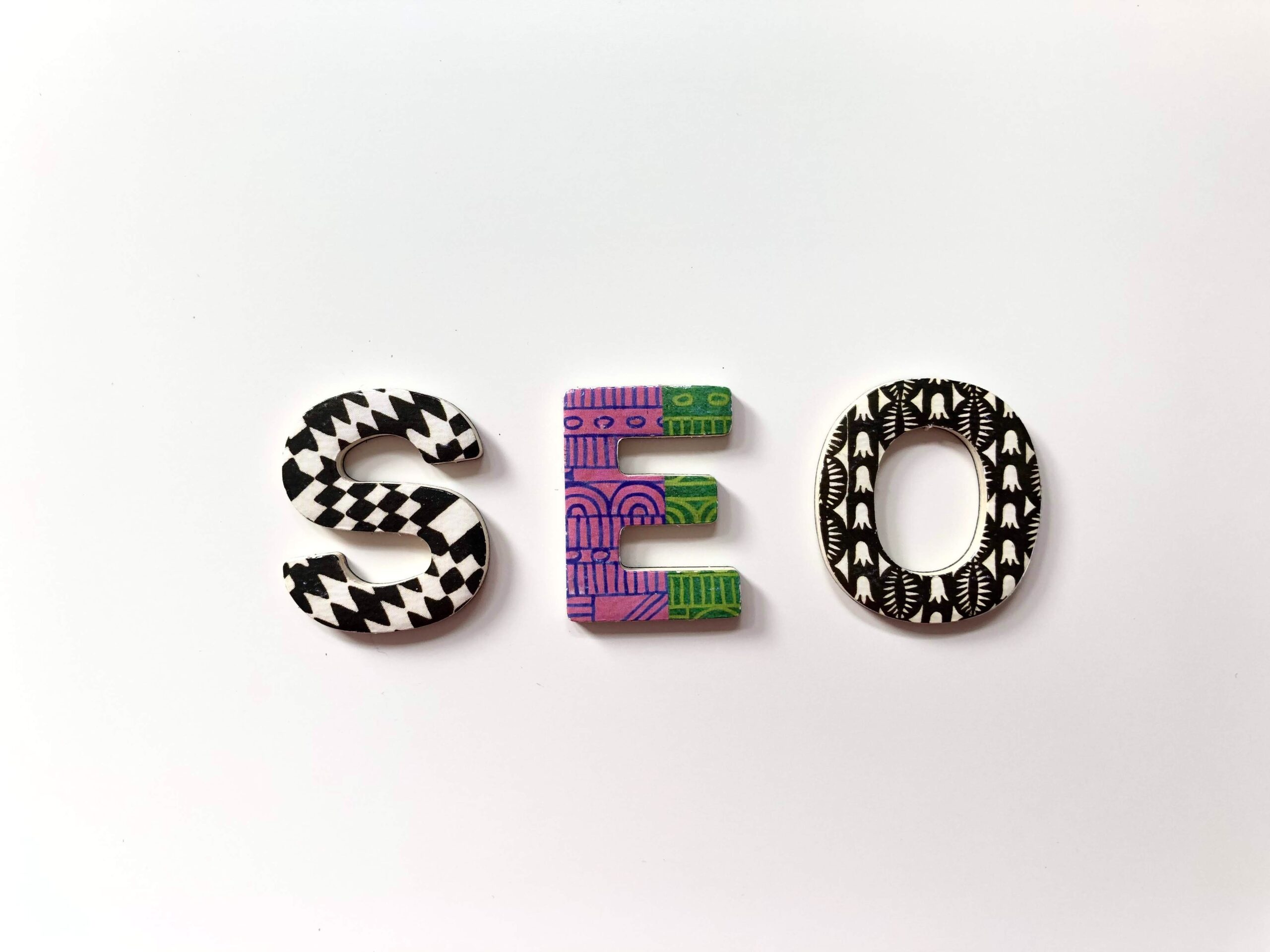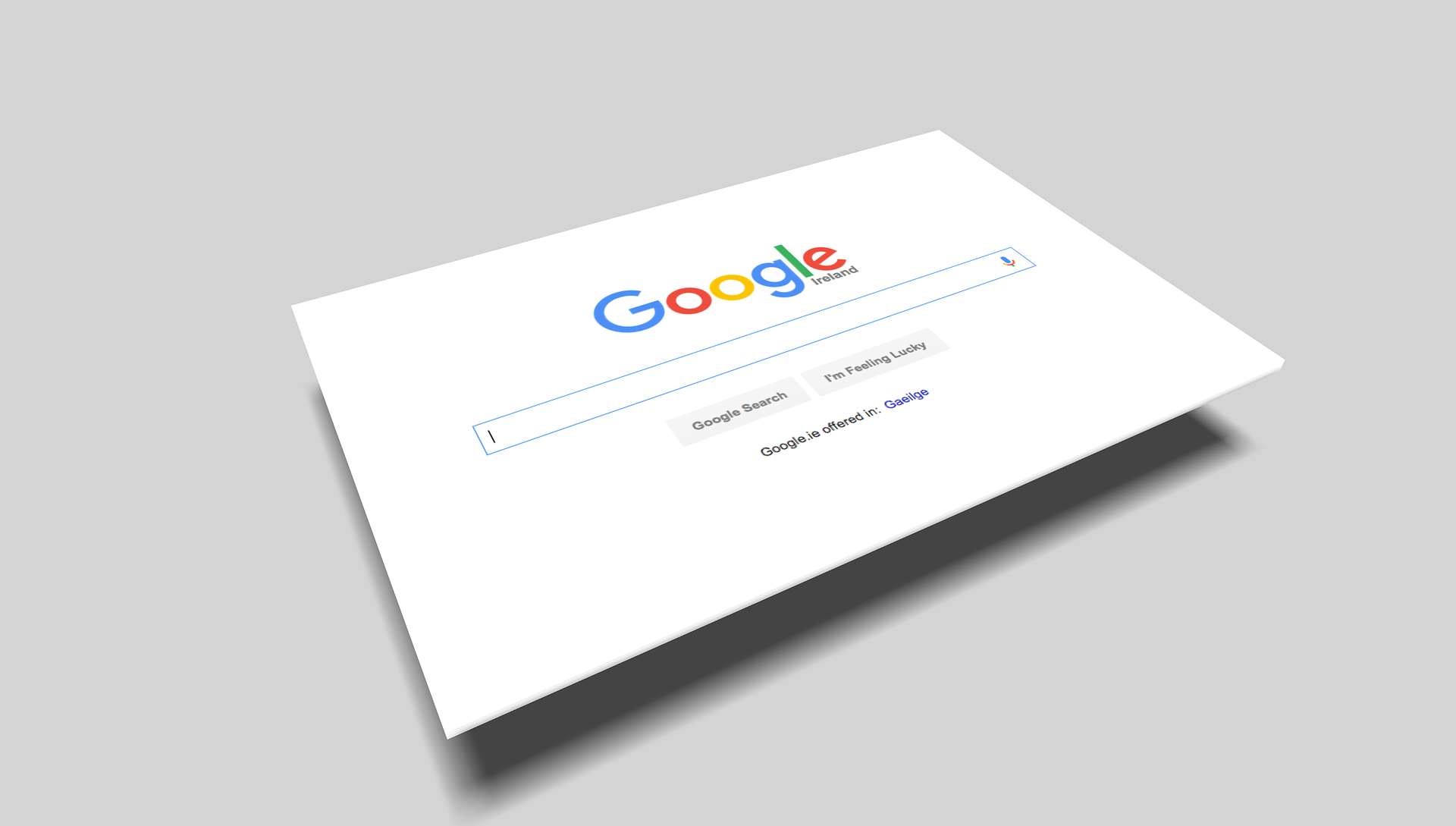Why Trust Building Should Be A Priority For SEOs
Your brand will benefit from increasing the trustworthiness of your website for search engines and users. Here are some suggestions for increasing visitors’ overall trust in your website.
Although the idea of trust in marketing is not new, the majority of SEO strategies do not give it the attention it deserves.
This article will discuss how to incorporate trust-building into your strategy and the underappreciated significance of trust in SEO efforts.
SEO opportunities are lost when trust is ignored.
Andrew Holland, a fellow contributor to Search Engine Land, expressed surprise regarding the negative user experience he had with a UK-based retail brand. He had the impression that they “didn’t show up” when he needed them as a customer, which hurt his confidence in the brand.
He used the experience to educate rather than rant, as I would have done, highlighting the significance of trust and its impact on SEO.
People won’t buy, return, or recommend your products and services if they don’t trust you and your website.
He might give the retail website Holland mentioned another shot because it has been his go-to for a long time.
However, for the majority of websites, losing a customer once means losing them forever.
Google on how crucial trust is
To some extent, trust was measured by the original Google PageRank algorithm. Google’s algorithms are also based on trust, with an increased emphasis on website security and user experience (UX).
Additionally, trust plays a crucial role in Google’s evaluation of content quality for search.
When it comes to “Your money or your life” (YMYL) topics like health, safety, and financial advice, Google has repeatedly emphasized the significance of E-A-T.
The updated E-E-A-T concept was introduced in December in Google’s revised quality rater guidelines (QRG) for search. The QRG also emphasized that “trust” is at the center of the search and is the “most important member of the E-E-A-T family.”
We can safely assume that trust has a wide range of effects on SEO because E-E-A-T signals are one of the main factors that Google ranking systems take into account.
SEO advice for building a reliable website
Your brand will benefit from increasing the trustworthiness of your website for search engines and users.
The following are ways to work on the general confidence in your site that frequently influence Google rankings.
1.URL, brand, and name
For the URL of your website, use a real name or brand (such as brand.com). Select a reliable URL structure that is short, straightforward, and typical.
Also, keep these things in mind:
- High level space (TLD): “.com” is still the most trusted TLD, as evidenced by a recent Yandex code leak.
- Branding: Avoid exact match domains that have a lot of hyphens, like best-seo-company-usa.biz.
Ensure your site URL is coherent. Consider this…
- example.com/seo/creating-trust
…with this…
- best-seo-company-usa.biz/seo-blog/creating-trust-a-core-role-of-seo
2.UX that works and is clean
A concrete illustration of irritating user experience is Holland’s misguided infinite scroll and his inability to notice the footer links.
Consider the factors that influence trust on the page. How can you make a good first impression?
Simple navigation Mega-menus, interactive menus that show multiple items when you hover over them, and “hamburger menus” that are completely hidden are not helpful. The best way to navigate a website is simple.
Simple menu structure leads to a clear information architecture and a clean site structure.
However, a site can quickly become confusing due to feature creep and ongoing additions.
Use breadcrumb navigation to show visitors where they are at any given time when in doubt.
White space Is your website cluttered with widgets, related stories, and advertisements all vying for the attention of visitors?
It’s possible that you’re overwhelming new visitors to your website. They won’t delay leaving.
Your website can be read by adding white space, also known as negative space.
Links that work On WordPress, you can install a broken links plugin that checks your links on their own to see if they work as intended. Although some external links remain functional, they are redirected to parking lots or bogus websites.
A website crawler like Screaming Frog needs to be used on static websites from time to time to see if their links are still working.
3.Website content
In the previous example, Holland looked for useful content to help him choose the right products to buy.
At the point when clients realize your site offers important substance, they are bound to entrust you with their cash.
Giving something away for free first (the content) One of the most important rules in human relations is the law of reciprocity. When they have received something from the other party, people are willing to assist.
You’re making a good first impression by providing useful content. As a result, they might even recommend you to others or buy something from you.
Expertise A bare website claiming to be the best SEO expert available will not be convincing. Instead of telling, showing builds trust.
Can you provide evidence of your subject-matter expertise? Do it then.
Despite the possibility of losing customers as a result, many businesses withhold information to safeguard “trade secrets.”
Advice Giving advice is one of the best ways to assist. Many potential customers will look elsewhere and trust someone else if you don’t share your insights.
When brick-and-mortar stores first opened, you could get help from real clerks. Web content takes the place of free services like this one.
Moderation A large number of advertisements, particularly animated and blinking ones, are excluding visitors. Moderately display ads on your website. If your website is overloaded with advertisements, no one can trust you.
Google uses an algorithm to take this into account. In a similar vein, marketers frequently advocate large overlays or interstitials that conceal the content. These may increase your conversion rate by 2%, but they also irritate the remaining 98%.
How many of those will have sufficient faith in you to return or recommend you?
Above the fold The algorithm for page layout takes care of websites where it’s hard to find the actual content because it’s hidden behind or below a lot of ads that look like the content.
Use promotions around the top sparingly and obviously separate advertisements from neglected content. It is dishonest to induce people to click on advertisements.
Transparency Label all advertisements prior to showing them. It must be obvious whether they are sponsored or advertisements.
Depending on the topic at hand, you can accomplish this by utilizing the terms “ad,” “sponsored,” or “advertorial.” The FTC mandates such disclosures in the United States. Google does, and individuals need to be aware in any case.
Although there may be fewer clicks, there will be more regular visitors who will trust you.
Full disclosure of conflicts of interest Invisible advertisements are harder to spot than you might expect.
Content is frequently written by businesspeople on behalf of their employers. It’s editorial content, but it’s still an advertisement or advertorial.
When it’s just a mention in a post, sometimes it’s even harder to tell.
When in doubt, be sure to disclose affiliations. You may appear biased, but you are also more reliable.
Affiliate links
Affiliations are frequently just connections to Amazon or other accomplice destinations.
Many bloggers have linked to Amazon over the years without informing readers that they receive compensation from the leading online retailer.
As a result, I stopped reading the majority of blogs that promoted books without telling me how they made money. I put my trust in those who did not.
5.The site’s real people
Showing that real people are behind a business is more important than ever in this day and age of ubiquitous AI and redundant content.
When deciding whether or not someone wants to do business with you, real people who are “trustworthy” are frequently still the most important factor.
While some people have faith in written words, others want to actually see you and look you in the eyes.
Page about us Your About page ought to explain why they ought to trust you. So you show them your team.
It doesn’t matter if they look good; what matters is whether your business is run by real people.
Ideally, you should also give a list of reasons why they should trust you. Take into consideration awards, experience, and credentials.
Author bio If you have more than one author on your blog or website, you should probably include author bios for each article you publish. The better you are, the more “real” you look.
They can be beneficial to blogs with only one author. I don’t really want to upload pictures to the internet. On social media, I also use a photo-based illustration as my avatar, but I recently published a photo in Search Engine Land.
Real team pictures (no stock photos) Many website owners use stock photos, which look like the members of the team and are cheap and easy to show.
The cost of hiring a professional photographer will pay off in future sales.
Stock photos are already prohibited in results from local searches. Google is able to identify such images and probably also gives them a lower ranking in general searches.
Unique and subjective perspective A lot of businesses publish content that is completely impersonal and full of buzzwords, like press releases. Before there was even a trace of signal left in it, such noisy content had been approved by numerous departments.
Real human errors or biases may be more reliable than meaninglessness alone. Consider sharing a subjective opinion rather than just an amorphous mix that makes everyone happy because Google wants to reward “first-hand experience.”
6.Safety and security measures
When deciding whether to trust a website or business, safety and security are frequently the first things people consider.
Does the website appear shady? Then they stop bothering at all.
Since their inception, corresponding ranking signals have grown in importance thanks to Google.
For e-commerce, SSL (encryption) HTTPS websites are now the norm. We can deduce that encryption is more important than that, given Google’s extensive documentation on the subject. Officially, encryption is a “minor ranking factor.”
SSL or another type of encryption is used on even informational websites, especially when sending potentially private data through contact forms.
Google gives you a small boost, but visitors will be happy to see that your website is safe.
Trust indicators (badges, reviews, and testimonials) The majority of SEO firms have badges that say “Google Partner” on their websites. Even though it helps some people trust you, experts know that buying ads earns you that badge.
Therefore, you might want to include additional relevant badges and trust symbols on your homepage, such as testimonials with real names and verifiable reviews.
The Better Business Bureau is recognized as trustworthy in the United States. Although the QRGs frequently mention it, it is not a direct ranking factor.
I won’t trust them at all if all of your on-page reviews are five stars and positive.
Privacy policy It is true that the majority of people do not read privacy policies, particularly those written in legalese.
But they have to be there. Make sure they can be found and read on the website.
If your privacy policy is hidden somewhere and full of fine print, you already lose trust.
Your privacy policy should be perfect for some sites, like health, online dating, and financial services, and not just something lawyers study.
No tracking I removed all trackers and cookies from my website when I realized how intrusive they were.
Then, I found hidden third-party trackers from Google, Facebook, and other web giants using third-party tools.
Depending on your business’s location and the products or services it offers, tracking your visitors may be unpleasant.
It is difficult to opt out of most websites because they require your acceptance of numerous trackers and cookies upon entry. If your website does not contain any trackers, you can immediately gain trust.
In practice: Enhancing for search and showing trust
Returning to Holland’s advice: Content and advice were among the most important ways to build trust, which surprised me. The majority of my other choices are typically highlighted first.
He even made a chart that showed how trust can affect sales:

He goes past what as a rule is implied by trust in the Web optimization sense by zeroing in on happy creation for educational purposes. He concludes:
- “… a lack of content and rankings has without a doubt damaged my faith. Are others losing faith in them?
I have successfully practiced this kind of SEO for years.
I was for the most part over-sharing my skill on sites and web-based entertainment to lay out trust and in this way frequently got amazing open doors that way.
Many individuals in Web optimization work for notable brands or “Fortune 500” organizations in secret subsequent to marking NDAs and essentially share their qualifications by referencing some brand names they worked for.
However, there is no way for us to confirm their expertise. What have they done specifically? Did it advance the brand?
Holland also intends to build trust in this way to some extent. Reliable brands can acquire extra income by offering counsel to expected clients, as exhibited in his model.
Developing trust: a fundamental skill for SEO professionals
Who is in charge of gaining users’ trust on a website?
- The department of design, which goes by the name UX.
- Additionally, the content team.
- Some technologies, such as SSL, must be implemented by the dev team.
However, the SEO is the best person to coordinate those efforts, especially when it comes to spotting potential problems that others have missed.
The infinite scroll was a hit with the UX team, I’m sure. It might bring in some money, but at the cost of a broken website and irritated customers. You are aware that it is pointless.



